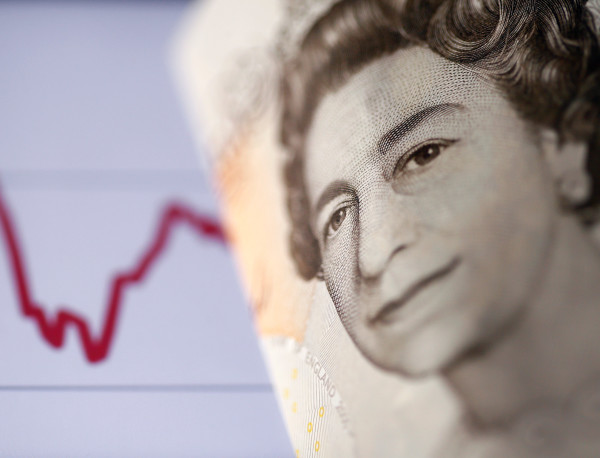

Financial advisers are urging caution as sudden fluctuations in the pound impacted investments this week when the pound soared on inflation figures and analyst reports suggesting the UK is more likely to reach a Brexit deal
With so many investments now having a global element, investors have to factor in the effects of currency fluctuations on their portfolios.
The pound is currently worth $1.38, putting up around 2.46 per cent in the last seven days. Some experts believe sterling may strengthen further.
Mohammad Syed, managing director at Coutts, said as a currency investment, the pound “still looks attractive by long-term standards and remains at the low end of its 40-year valuation range”.
“We expect it to recover further against major currencies, especially if the UK trade deficit begins to fall which should begin soon, in our view, provided Brexit negotiations are not too prolonged,” he said.
But which funds will suffer and which will do well if the pound rises? It will depend on the level of foreign earnings of the companies the fund invests in.
"The main factor will be the value of overseas assets," Scott Gallacher, adviser at Rowley Turton, said.
If the pound strengthens against the US dollar, for example, each $1 unit is worth less in pound terms, so the value of the asset as measured in pounds, declines, - bad news for companies generating revenue in dollars to bring back to the UK.
"Most investment portfolios apart from those predominately invested in the UK Smaller Companies sector [would suffer from a strong pound]," said Mr Gallacher, "though even that sector might be affected if those companies are exporters”.
Smaller company funds initially suffered after Brexit as the falling pound favoured companies with overseas earnings. But some have already bounced back.
Darius McDermott, managing director of Chelsea Financial Services, gave three funds with a strong UK domestic focus he thinks should do well - Axa Framlington UK Select Opps; Jupiter UK Growth; and SLI UK Income Unconstrained.
Jason Hollands, managing director for business development at BestInvest, also plumped for the SLI fund, and added the Axa Framlington UK Mid Cap as another pick likely to perform well under current currency conditions.
However not all fund managers believe a stronger pound will benefit UK domestically focused shares.
Nick Train, who runs the £1.2bn Finsbury Growth and Income Trust, told FTAdviser recently the problems facing some large UK-focused businesses such as Greene King and Marks & Spencer were not cyclical but a result of technological change, with online retailers and delivery services taking market share.
While advisers acknowledged that the pound’s value did have an affect on investments, most said that it was too dangerous to try to call it.
“The pound is floating around at the moment,” said Minesh Patel, from advice firm EA in London.
“It is really important to diversify because with so much uncertainty there is no real way to tell which way things are going. It’s good to be global at present.”
Trystan Lewis, at Griffin Wealth Management, said that as client’s portfolios became more globalised, currency fluctuations played a bigger role.
“But I think it is important not to try to second guess. We don’t hedge or speculate. We look at longer term value.”
Jason Butler, financial expert and former Bloomsbury adviser, said he believed a properly diversified portfolio was the best way to ride out currency changes.
“This is just noise in the long run. In the long term it is about sensible asset allocation. Moves in the pound really demonstrate the importance of diversification."



